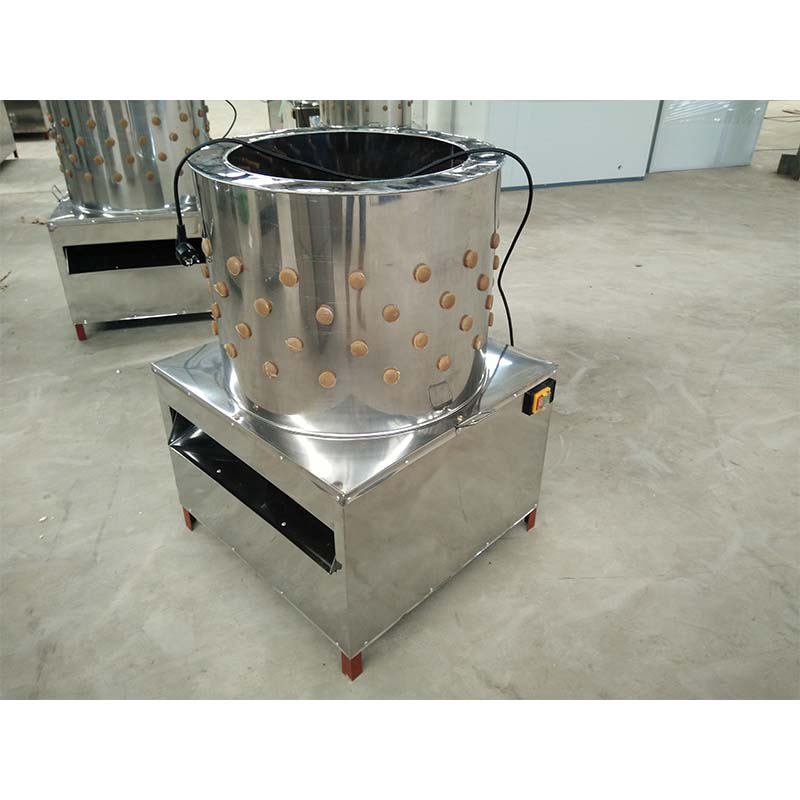Choosing the Best Chicken Cage for Your Poultry Farm Needs
Oct . 03, 2024 03:34 Back to list
Choosing the Best Chicken Cage for Your Poultry Farm Needs
Understanding the Importance of Poultry Chicken Cages in Modern Farming
In the realm of modern poultry farming, the welfare of chickens has gained increasing attention, particularly concerning their housing. One of the most significant advancements in poultry science has been the evolution of chicken cages. These systems are designed to enhance the living conditions of chickens, improve productivity, and address the ethical concerns surrounding animal husbandry. This article delves into the importance of poultry chicken cages, outlining their benefits, the controversies surrounding them, and the future of poultry housing.
Poultry chicken cages have been developed with the primary goal of maximizing efficiency in egg production and meat yield while ensuring the health and welfare of the birds. Traditional farming methods, which often involve free-range or barn systems, can lead to various challenges, including higher rates of disease transmission, difficulties in feed management, and challenges in waste control. In contrast, chicken cages, particularly the modern battery cages and enriched cages, provide a controlled environment that minimizes these risks.
Battery cages, despite facing criticism for their compact space, have played a crucial role in mass egg production. These cages ensure that chickens are kept in a secure environment, reducing the risk of diseases spreading among flocks. Additionally, the controlled environment allows for precise monitoring of the birds’ health, feeding, and breeding. This level of monitoring is essential for maintaining productivity and can contribute significantly to the overall economic sustainability of poultry operations.
In response to growing welfare concerns, enriched cages have emerged as a more humane alternative to traditional battery cages. Enriched cages are designed to provide chickens with more space to move, perch, and engage in natural behaviors. These cages include features such as nesting boxes and perches, which allow hens to express their instinctual behaviors. Numerous studies have shown that enriched housing systems can lead to improved welfare outcomes for chickens, fostering better mental health and decreasing stress levels.
poultry chicken cage

However, the use of chicken cages is not devoid of controversy. Animal rights advocates argue that confining chickens in cages, regardless of the space and enrichment provided, is an inherently cruel practice that fails to respect the birds’ natural behaviors. This contention has led to widespread public debate and legislative initiatives calling for the phasing out of battery cages in favor of free-range or pasture-raised systems. Some countries and states have already enacted laws to ban battery cages, pushing for more humane practices in the poultry industry.
As the public's demand for ethically sourced products grows, the poultry industry must adapt to these changing consumer preferences. Many farmers are now investing in modified housing systems that comply with animal welfare standards while still maintaining productivity. This shift may present initial financial challenges, but it can lead to long-term benefits by enhancing the brand image and consumer trust.
Looking forward, the future of poultry chicken cages may involve a combination of technological innovation and animal welfare compliance. Advances in automation, monitoring technology, and smart farming practices are likely to revolutionize how poultry environments are managed. For example, the integration of sensors that monitor the health, behavior, and even the emotional well-being of chickens could help farmers provide more optimal living conditions. Moreover, transparency in farming practices, such as providing consumers with detailed information about how chickens are raised, could enhance marketability and consumer confidence.
In conclusion, poultry chicken cages play a pivotal role in the modern poultry industry, balancing the necessities of productivity, economic sustainability, and animal welfare. While the debate over the ethical implications of cage use continues, the emergence of enriched housing systems and advancements in technology holds promise for future improvements in poultry welfare. As society increasingly values humane treatment of animals, the poultry industry must evolve, ensuring that chickens are housed in environments that not only support their health and productivity but also respect their innate behaviors and needs.
-
Automatic Feeding Line System-Pan Feeder Nipple Drinker|Anping County Yize Metal Products Co., Ltd.
NewsJul.29,2025
-
Hot Sale 24 & 18 Door Rabbit Cages - Premium Breeding Solutions
NewsJul.25,2025
-
Automatic Feeding Line System Pan Feeder Nipple Drinker - Anping County Yize Metal Products Co., Ltd.
NewsJul.21,2025
-
Automatic Feeding Line System Pan Feeder Nipple Drinker - Anping County Yize Metal Products Co., Ltd.
NewsJul.21,2025
-
Automatic Feeding Line System - Anping Yize | Precision & Nipple
NewsJul.21,2025
-
Automatic Feeding Line System - Anping Yize | Precision & Nipple
NewsJul.21,2025






